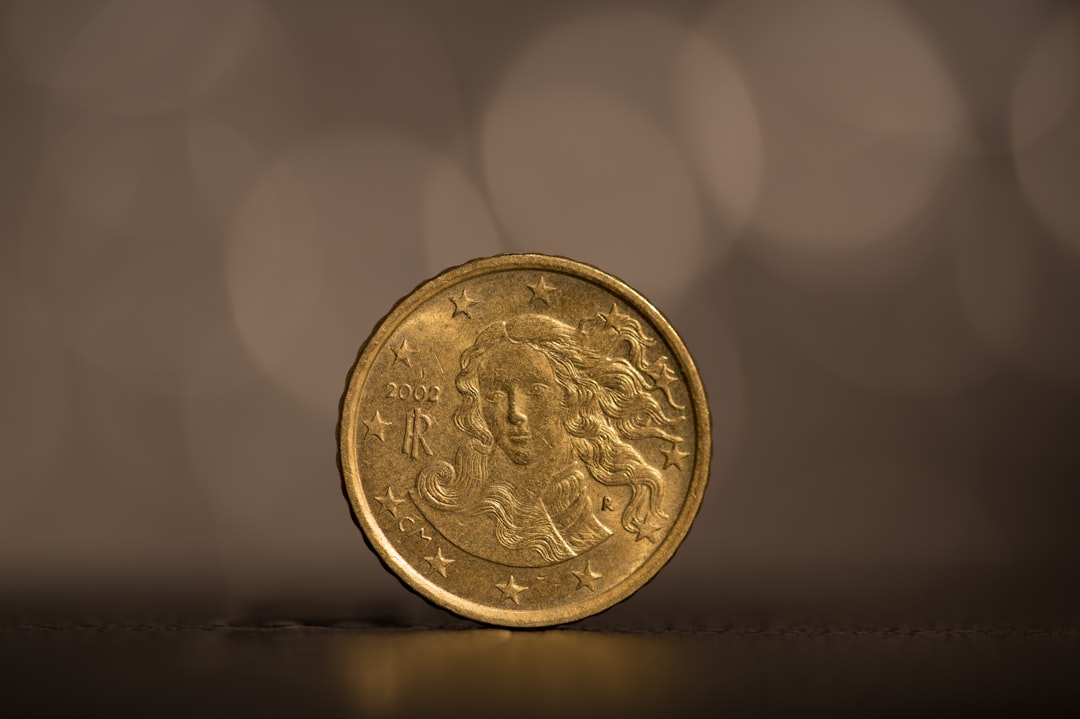Sections
Maslow’s Hierarchy of Needs
Money vs Currency
The Evolution of Money
History of Global Reserve Currencies
Can Currencies Become Overstretched?
Types of Currency
The Power of Money
Concluding Remarks
Maslow’s Hierarchy of Needs
Self-Actualisation Needs
↑
Esteem Needs
↑
Love and Belonging Needs
↑
Safety Needs
↑
Psychological Needs
· Psychological Needs – Energy, Food, Water, Shelter, Healthcare – The areas this research is exploring.
· Safety Needs – Protection from danger, security, stability, and order.
· Love and Belonging Needs – Love, affection, belonging, friendship.

· Esteem Needs – Self-esteem, achievement, recognition, respect from others.
· Self-Actualisation Needs – Reaching your potential, pursuing personal growth, fulfilment, and finding your purpose.
The needs of the lower levels need to first be met to move up to the next level. Money doesn’t appear in the hierarchy of needs, but it allows us to access many of the needs. So is money a necessity?
Money vs Currency
· Currency – The system of money used in a particular country or region. For example, USD, GBP, EUR, and JPY.
· Money – A broader concept for anything that is a medium of exchange, a unit of account, and a store of value (I’ll discuss what these criteria mean later). So for example, bank deposits, cryptocurrencies, or physical currency.

Money and currency aren’t necessary for human survival. They are deeply embedded in the functioning of society, but as we’ve innovated from using shells for trade to our modern financial system, we will innovate again.
Money and currency are used as they are useful, practical, efficient, and desirable. In the future, another creation could become more useful, practical, efficient, and desirable than money and currency.
The Evolution of Money
What enables us to have as much freedom as possible in the modern age? By controlling our time. Has anybody seen the Justin Timberlake and Amanda Seyfried movie In Time?
To control the masses is to control their necessities. And how do we get most of those necessities? Through money. To reciprocate is a deep part of human culture. If we go to a market stall and we want to buy two apples, we have to provide the shopkeeper something of value to him. Something he can use elsewhere. This is why money exists.
In the past, the earliest form of money was barter. There was no standard wide-used currency. A trade for two apples could have seen a pair of shoes sent the shopkeeper’s way. The downside to this is that if 10 customers all trade two apples for a pair of shoes, the shopkeeper is inundated with shoes. As exciting as it would be to wear a different pair of shoes every day, 10 pairs is a slight overkill.
Keep reading with a 7-day free trial
Subscribe to Geopolitics Explained to keep reading this post and get 7 days of free access to the full post archives.



